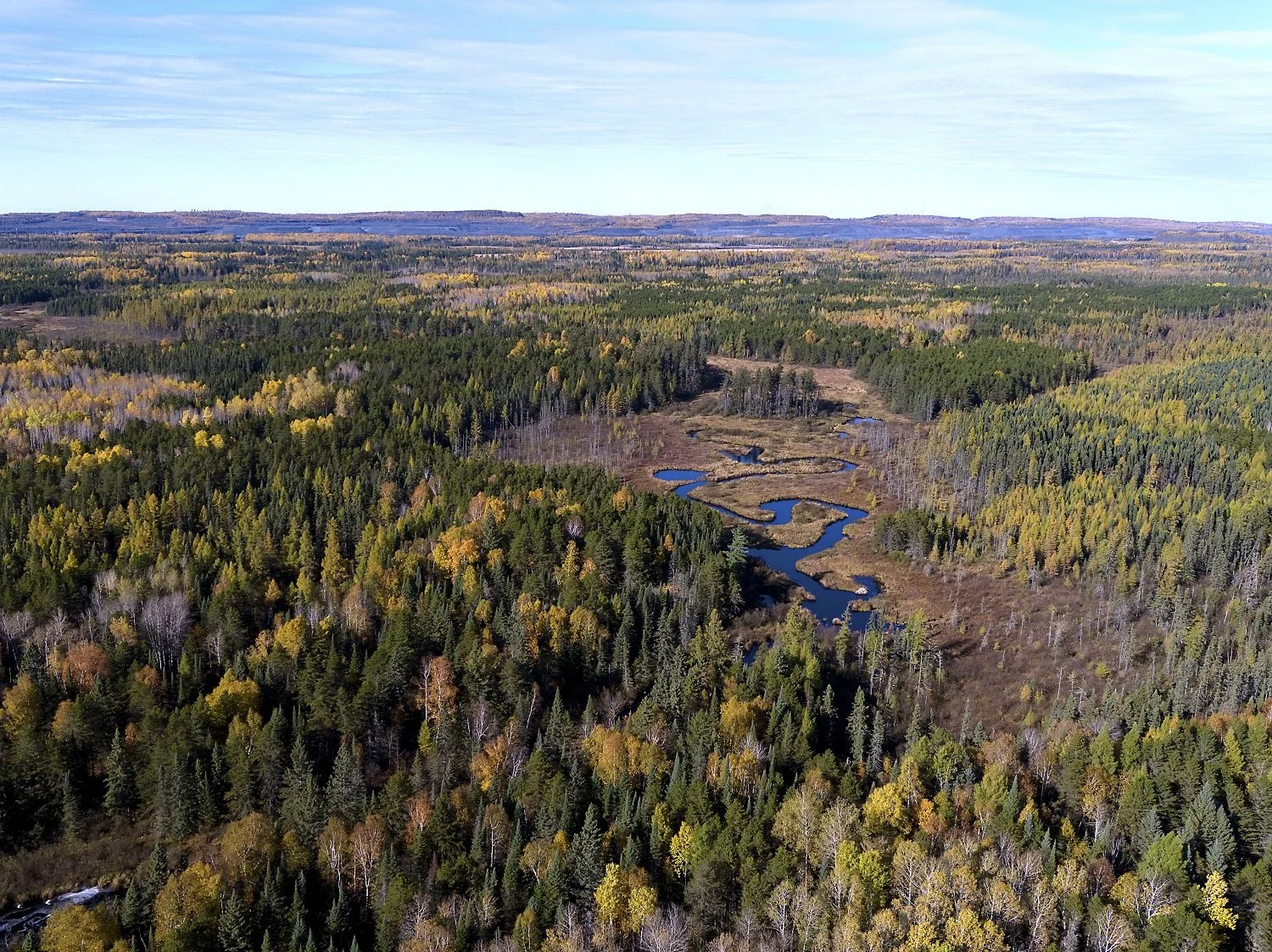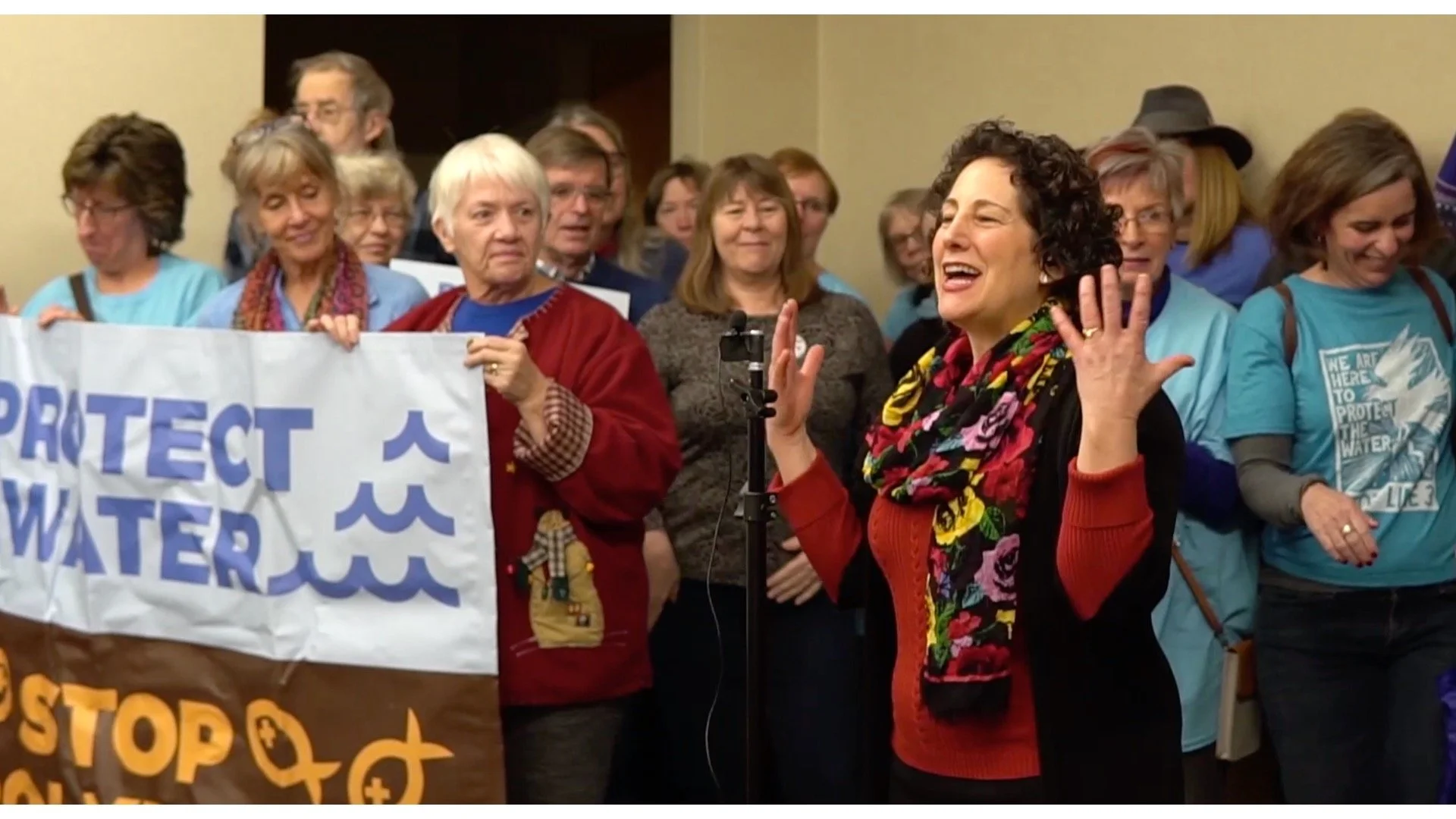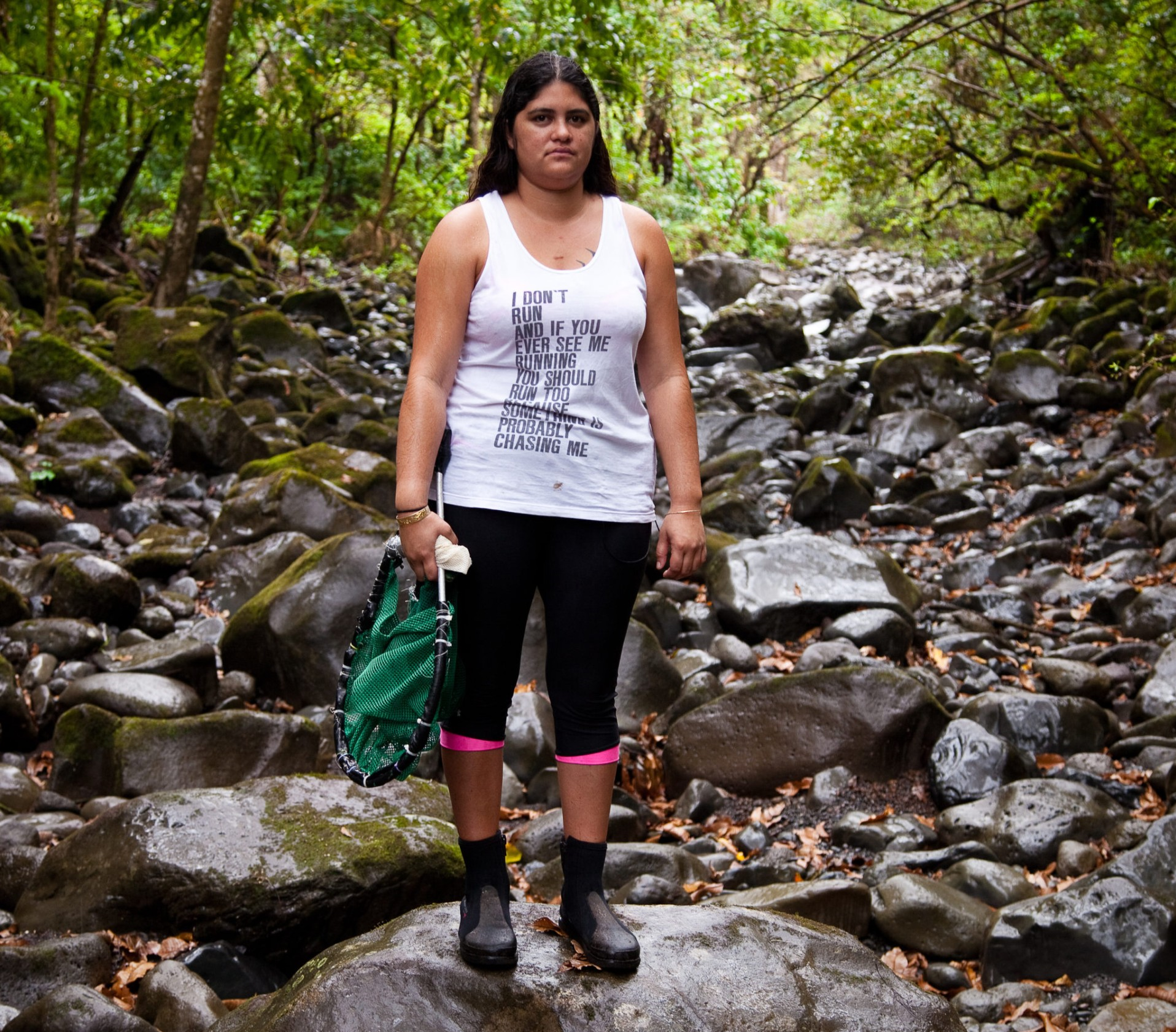Winning in Environmental Litigation: Outlast the Polluters to Defend the Environment
Paula Maccabee, Advocacy Director and Counsel, WaterLegacy
Winning environmental litigation is anything but a slam dunk game.
WaterLegacy has been organizing, advocating, and litigating in Minnesota to oppose copper-nickel sulfide ore mining pollution for 13 years. This is what we’ve learned:
1) Regulatory agencies you might expect will be arbiters of fair play will tear up the rulebook and put on the other side’s jersey if they think a polluting project could lose the game.
2) Being the only star player on (or in) the court is not the best way to score.
3) Polluters will have a deep bench to play long after the fans have gone home.
So, how can we win and protect clean water and nature? Blow the whistle. Pass as well as shoot. And stay in the game.
The PolyMet/Glencore copper-nickel sulfide mine is a dangerous project and a formidable adversary. This mine would be located in the headwaters of the St. Louis River, the largest U.S. tributary to Lake Superior, upstream of the Fond du Lac Reservation and Minnesota’s third largest city, Duluth. The PolyMet/Glencore mine would destroy more than 1,000 acres of wetlands¾the largest wetlands destruction ever approved in the history of our U.S. Army Corps region. The project would release sulfate and toxic metals into waters already impaired due to mercury, contaminating drinking water, decimating wild rice, and increasing toxic mercury contamination of fish.
Unfortunately, the Minnesota Legislature has taken PolyMet’s side for more than a decade, sweeping away laws that would pose hurdles in permitting and spending millions in taxpayer funds for outside mining-industry lawyers to represent the agencies granting PolyMet permits. Minnesota agencies issued PolyMet permits with no water quality-based effluent limits, no liners beneath mine waste, and using the same cheap upstream tailings dam design that catastrophically failed and caused the death of nearly 300 people in Brazil just months after the PolyMet permits were issued.
The location of the proposed PolyMet mine site in Minnesota. Photo credit: Rob Levine.
WaterLegacy’s first winning strategy was to blow the whistle on Minnesota agencies and lawmakers to prevent repeal of standards that could constrain the harm from sulfide mining. For more than a decade, we fought the mining industry, the Minnesota Pollution Control Agency (MPCA), and the Minnesota Legislature in their repeated efforts to eliminate the wild rice sulfate standard, the rule that would limit acid mine drainage. In alliance with tribes, WaterLegacy defended the standard in court, won in administrative rulemaking, and organized community members to achieve two vetoes of repeal legislation. We even filed a petition with the U.S. EPA for withdrawal of state authority to regulate mining.
“Mother Earth is the source of life, and too often she is looked at as a resource.” - Ricky DeFoe, Fond du Lac Band Elder and WaterLegacy Board Member
WaterLegacy also worked with other whistleblowers and used the Freedom of Information Act and news media to expose MPCA’s collusion with EPA political appointees to suppress EPA’s written comments finding that the PolyMet water pollution permit was weak and illegal under the Clean Water Act. As a result of our exposure of MPCA’s irregular procedures, the Minnesota Court of Appeals suspended PolyMet’s water pollution permit and then its permit to mine. Although PolyMet permits were issued in 2018, no shovel has scraped Minnesota’s ground and no wetlands or streams have been polluted.
As our second strategy, WaterLegacy invested in strengthening the capacity of downstream tribes. Seven years ago, WaterLegacy’s advocacy director published the first legal journal article ever to argue that tribes with “treatment as a state” authority had rights under the Clean Water Act to object to any federal permit that would affect their reservation waters. In 2021, the Fond du Lac Band of Lake Superior Chippewa won a milestone case supporting this authority. The Band determined that the PolyMet federal wetlands permit will affect its Reservation waters, and a federal hearing is now required on whether this PolyMet permit must be revoked.
None of WaterLegacy’s strategies succeeded overnight. The Minnesota session laws challenged in our withdrawal petition to EPA were only rejected as unlawful seven years later. Expert opinions we developed since 2014 on how the PolyMet mine would increase downstream mercury are only now providing support for the Fond du Lac Band in standing up for its right to protect Reservation waters from PolyMet mercury pollution.
WaterLegacy with allies and supporters at a press release when the court of appealsreversed the permit to mine in January 2020.
But, over time WaterLegacy, tribes, and other allies have preserved Minnesota’s sulfate water quality standard. We have reversed and remanded both PolyMet’s permit to mine and its water pollution permit. The district court and court of appeals found MPCA had circumvented the law to hide EPA comments and illegally destroyed official records. And we are still litigating the permit to mine in contested case hearings and seeking a ruling from Minnesota’s highest court on the MPCA’s irregular procedures.
You may know of the story of the preacher who extolled forgiveness and asked the congregation who among them had no enemies. The only hand raised belonged to a 90-year-old. “How blessed,” the preacher exclaimed, “that you among all of us have no enemies, how did you manage that?” “Easy,” said the congregant. “I outlived the bastards.”
So, we are prepared to stay in the game as long as it takes. We can outlast the polluters and defend the environment.














